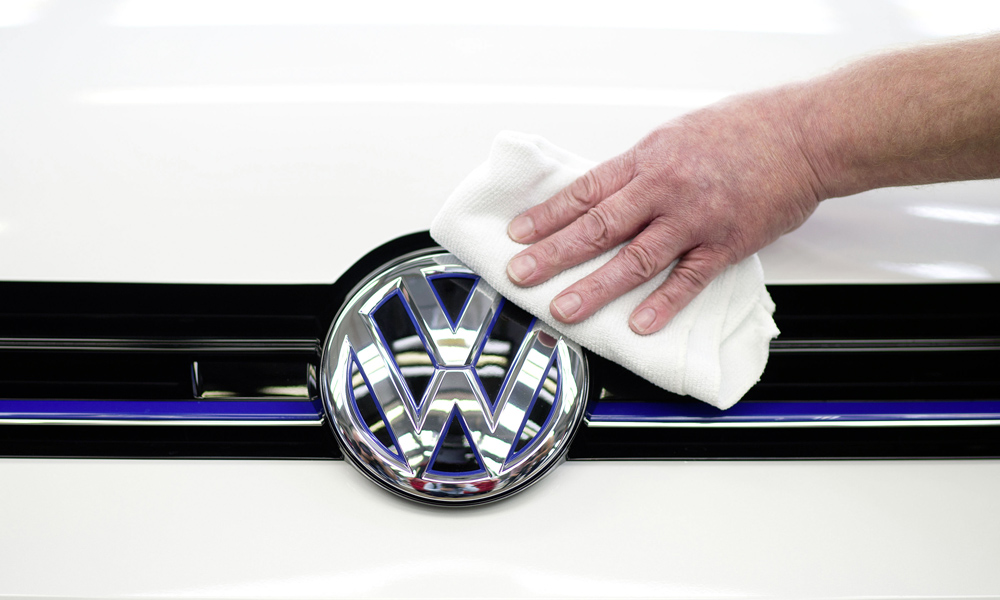
While reading the June 2013 issue, my dad and I noticed an interesting fact given the current obsession with low fuel consumption (on page 90). In this issue, CAR tested a Mercedes-Benz CLS350 Shooting Brake and found the fuel consumption to be 9,60 L/100 km on the fuel route. In the same issue (page 101), you published a 20 000 km test of the VW Passat 1,8 TSI Comfortline DSG and found the average fuel consumption to be 9,95 L/100 km.
Therefore, a naturally aspirated 3,5-litre V6 in a large, heavy car is actually slightly more fuel-efficient than a 1,8-litre turbopetrol four-cylinder in a lighter sedan? This begs the question of the relevance of smaller-displacement turbo engines as opposed to naturally aspirated, larger-displacement engines.
The whole reason for the existence of the smaller turbo engine is lower fuel consumption, which you clearly do not get in real-world driving. In my opinion, the reason a turbo is employed with the smaller engine is so that it won’t feel like a small engine. Therefore, the only way you will get the claimed fuel consumption is if you drive the smaller-engined car as if it does not have a turbo…
LIANE VAN SCHALKWYK
Pretoria
Answer: Well spotted, Liane! There is an explanation, however. Firstly, although on-road fuel consumption testing is far from scientific, you compared a conservative fuel route (which we’ve subsequently changed to be more representative of real-world driving) to a 20 000 km test where the Passat was subjected to plenty of city driving. The CLS350 on the same 20 000 km test would have used considerably more fuel. A more scientific comparison (although ultra conservative – see the article True vs. claimed fuel consumption in August 2013) is the NEDC figure of both cars, as these tests are done in a laboratory under controlled conditions. The figures for the two cars are 8,10 L/100 km for the CLS350 and 7,0 L/100 km for the Passat.
The reasons why small turbopetrol engines are more efficient than larger naturally aspirated units are that they are lighter (because they’re smaller), have less engine friction (smaller and fewer engine components like pistons), have less pumping losses (a smaller engine runs with the throttle more open at the same power level) and because the turbo harvests otherwise wasted exhaust energy. We agree that driving style remains the biggest influence on fuel consumption, though.




